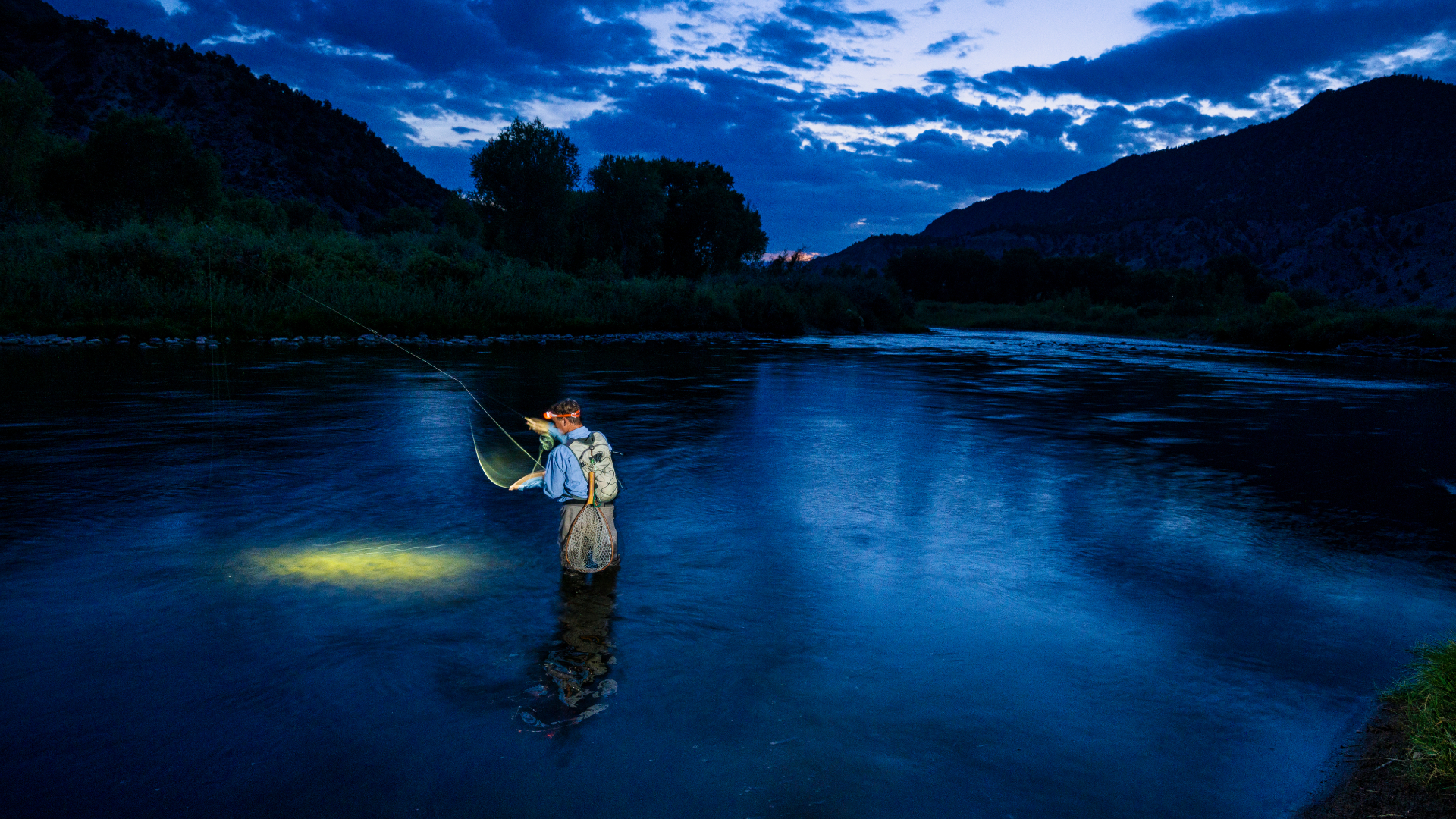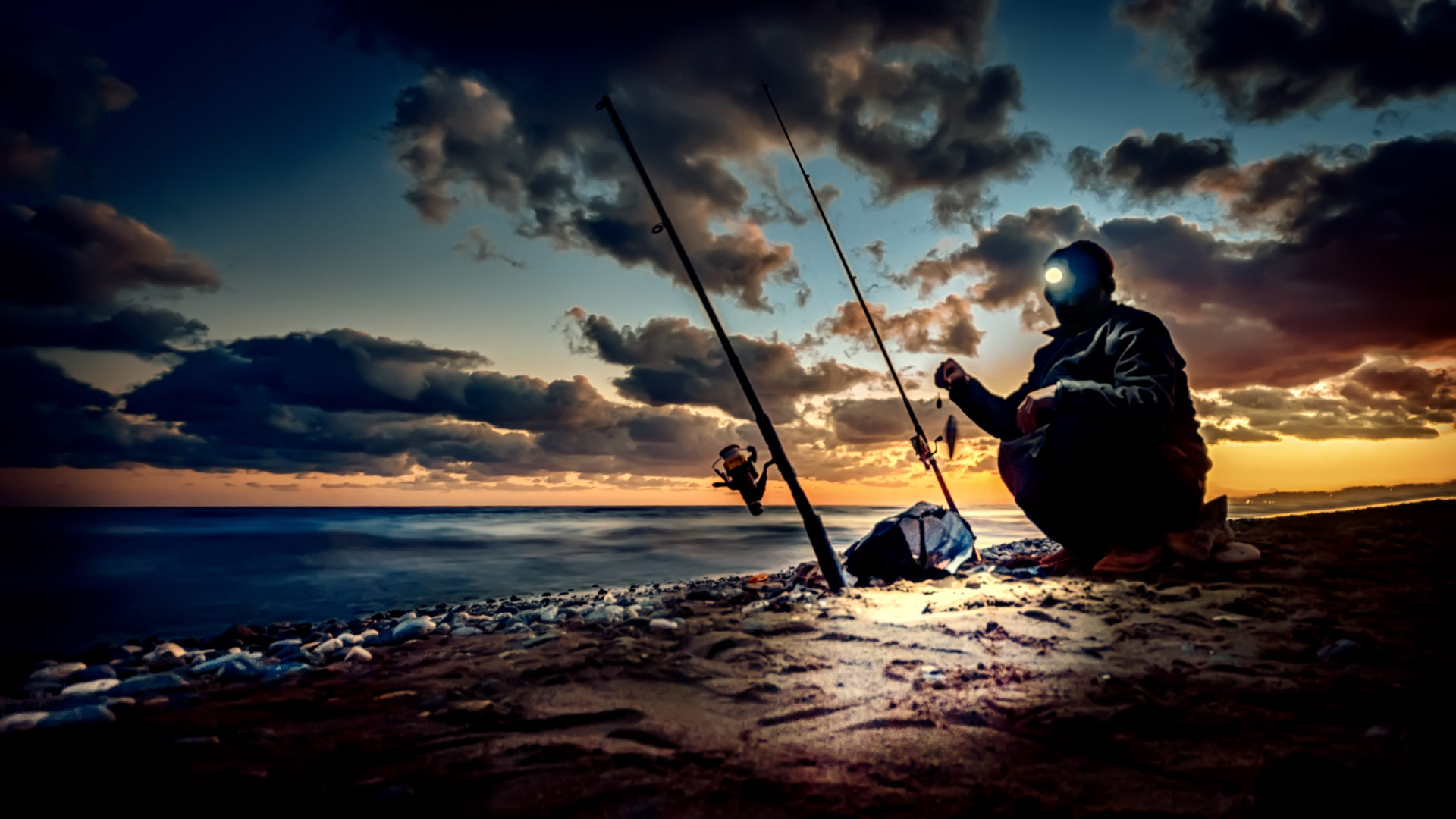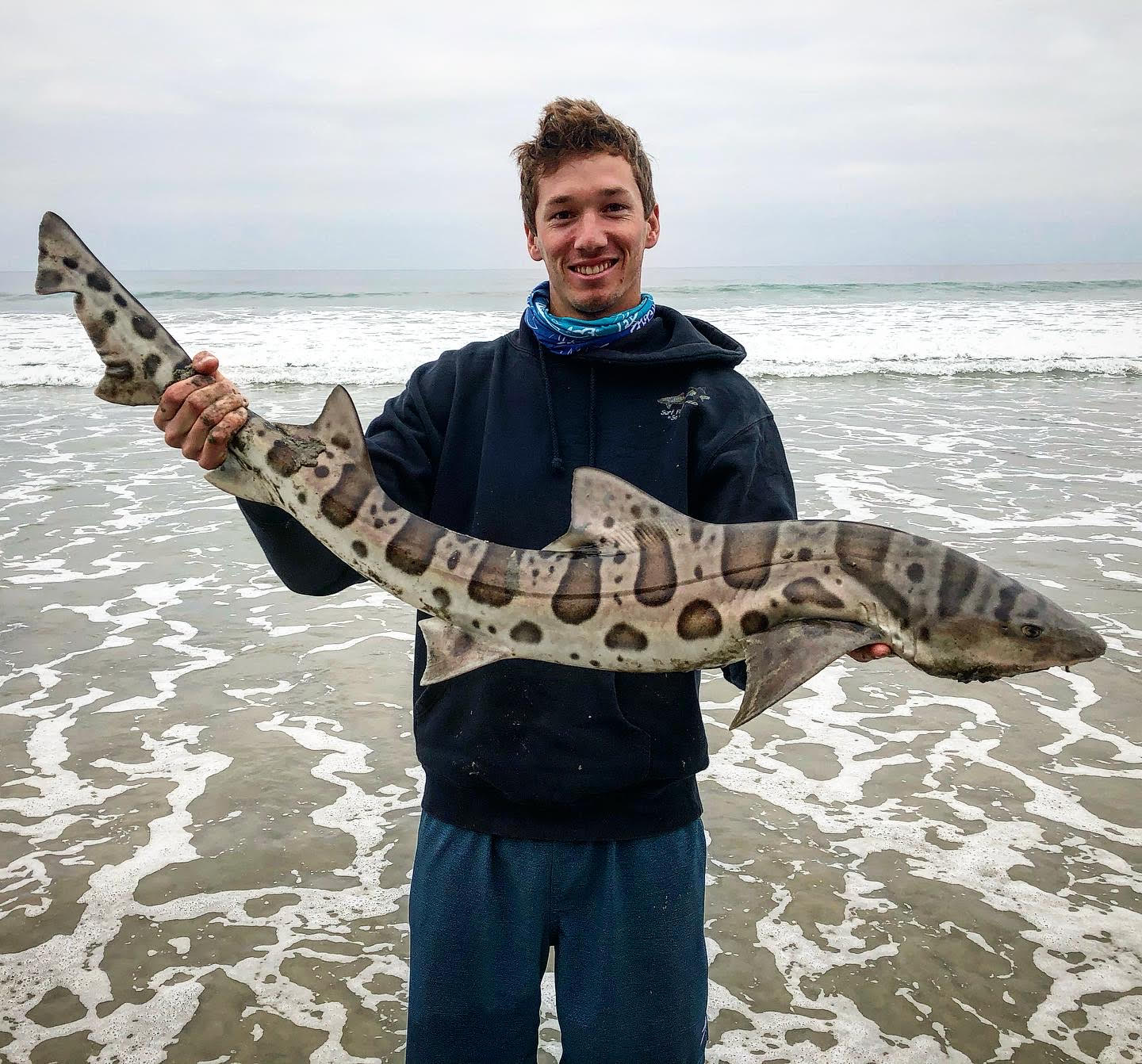How to go night fishing: the best strategies, baits, essential items, tips, baits and lures
Make your next night fishing trip a rod–bending success with our pro fishing guide's tips and secrets for after-dark action

Fishing in the daylight hours is one thing, but it takes a little more skill and confidence to dial in the best methods and equipment to use whilst night fishing. However, with a few simple strategies and the essential items of kit we reveal below, even if you’re a beginner it’s going to be pretty easy to get started.
When you're thinking about how to go night fishing, it's worth putting in a bit of extra effort because lots of species feed freely in low light conditions and at night. That means your catches can be exceptional. Different species also feed that you might not have caught or seen before – who knows, you might encounter a few surprises or that elusive giant?
So, let’s talk about some night fishing basics, and what you need to think about to be successful in freshwater or saltwater after dark. As always, preparation and having the right equipment are key.
The best night fishing tip – get a good rechargeable headlamp
Knowing how to plan a fishing trip is always important, but when you’re fishing after dark, preparation becomes even more vital. Fumbling around aimlessly in the dead of the night with lures, hooks and a knife doesn’t sound like the smartest or safest thing to do, so making sure you’re prepared is the first task!
The most important thing you should do is make sure you have a good quality head lamp and some back-up batteries. There are lots of USB-rechargeable models available to suit all budgets (check out Advnture's guide to the best headlamps you can buy), and you’ll appreciate the powerful LED beams on modern head lamps plus the easy, environmentally-friendly aspect of not using disposable batteries. Trust us when we say that we won't go night fishing without a fully–charged head torch and a spare.
Being prepared is key to night fishing success
Take the time to rig up your rods and organize your tackle prior to your outing, the day before preferably so you have time to fix any issues you may find, like having to re–spool a reel or tie a new leader knot. Rigging up in the dark, even with a head lamp, can be a little tricky so just save yourself the hassle and rig up before you go.
If it’s going to be cold or wet, dress accordingly, with the best waterproof jackets, fleece jackets, down jackets and puffers etc . Also, check the forecast, wind and chance of rain with a weather forecasting app) and if you’re on a boat, make sure to bring your life vests and carry something to signal with like a whistle.
Advnture Newsletter
All the latest inspiration, tips and guides to help you plan your next Advnture!
Using a small glow stick (the long, thin kind you ‘snap’ to activate) or specialist fishing light that takes a tiny battery and sits on a little clip to light up the tip of your rod or rods is vital for orientation as well as overall awareness of what your rod is doing and if you have a bite or not. A small bell is also commonly used but this may prove to be anti-social or too loud if it's windy. We prefer a small light on the rod tip.
Another trick if fishing statically is to use a small torch strapped to your rod rest or sand spike – a USB-rechargeable model with a focusable beam allows you to illuminate the rod without being too bright and ruining your night vision. If you can’t see your rods, you run the risk of losing not only fish, but gear too!
Most important night fishing tip – safety first
Bring some water and some snacks – you never know when you might get cold and ran out of energy, or get stranded longer than expected. A fully-charged phone or radio, first aid kit and spare light are all must–have items on the night fishing kit list.
Make sure to tell someone where you’re going just to be safe. If you can, bring a friend or a fishing buddy. It’s safer, more fun, and much more convenient when you have someone else there fishing with you, plus the photos will be much better than any self–take attempts.
Going night fishing? Don't wait until it's dark
It's quite helpful to arrive at your spot while there’s still some daylight as you won’t have to go through the trouble of navigation or set-up in the dark. It’s also useful to spot evidence of fish activity in daylight to know where to fish and cast; maybe it’s a trout rising, a carp bubbling, bass striking at prey in freshwater, or some bait fish and bird activity in the ocean.

Don't underestimate the importance of light sources
An essential thing to remember when considering how to go night fishing is that it’s important to make the proper adjustments and use different tactics. One tactic that can increase your odds when night fishing from a pier, dock, or boat is the use of lights. We’re not talking about head lamps, but lights that can be either submerged or shined on the water’s surface.
If you’ve ever walked along lake-piers or docks at night, you might have seen little schools of minnows swimming nearby the lights underneath the pier or dock. There’s a reason for this. Plankton and similar organisms as well as insects are attracted to the lights which draw in smaller fish, eventually leading to predatory fish like bass, catfish and others on the prowl.
This tactic is most commonly used when fishing lakes whether it’s from a dock, pier or boat and even sometimes in saltwater. For example, fishing deep water for species like swordfish involves putting lots of extra lights on the line to help attract fish. Glow–in–the–dark lures, beads and attractants are a great idea for lots of species at night.
The best lures and baits for night fishing
A key factor to consider when night fishing for any species is your bait or lure selection. When you’re fishing with lures at night, keep a few things in mind. Work lures that produce a lot of movement and noise. Spinners, spinnerbaits and chatterbaits are great in clear waters and topwater lures are an awesome choice for murky water with all the noise and splashes they produce on the surface, particularly on a moon–lit night when a big fish may be hunting.
Night fishing in the surf can make for some really productive fishing too, but it’s important to note that the surface sound when lure fishing isn’t as important in the surf because there’s so much noise to compete with. If you’re throwing lures, stay away from topwater and use glow-in-the-dark or highly visible lures that dive a few feet down to be nearer the fish.
Live and local bait is always a good option and you really can’t go wrong when the bait does the work for you. But, sometimes we aren’t afforded that luxury. Depending on your style of fishing, scent can play a huge role in night fishing. Remember, the factor of visual presentation is vastly diminished with night fishing.
For salt water, cut bait, squid, bait fish (sardines, mackerel, herring, bonito etc) and other similar baits are great options! The fresher the better, too. If you can catch a smaller fish and cut that up to use as bait, you’ll be matching the local food items and that’ll increase your chances of a bite. Remember to follow any local bylaws and regulations about night fishing and what species you can keep or target.
For fresh water, the majority of fishermen will lean towards artificial baits like spinners, poppers and artificial worms, but you can’t deny the productivity of live worms for probably the best night fishing bait of all time. From nightcrawlers and red wigglers, to waxworms and mealworms, there isn’t much out there that can match the reputation of fishing with live worms at night for a mix of species including bass, catfish, crappie, carp, panfish, perch and trout.
Fishing guide and writer for Surf Fishing In So Cal, Nick Heid fishes at least 60 days out of the year, making him a great source of knowledge when it comes to all sorts of tactics and techniques. Fishing has been a passion of his ever since he can remember and his writing conveys that love of the sport to his readers, along with a good dose of in-depth knowledge. Look out for him on a San Diego beach expertly targeting surf sharks in the summer and all sorts of other interesting species over the rest of the year.

